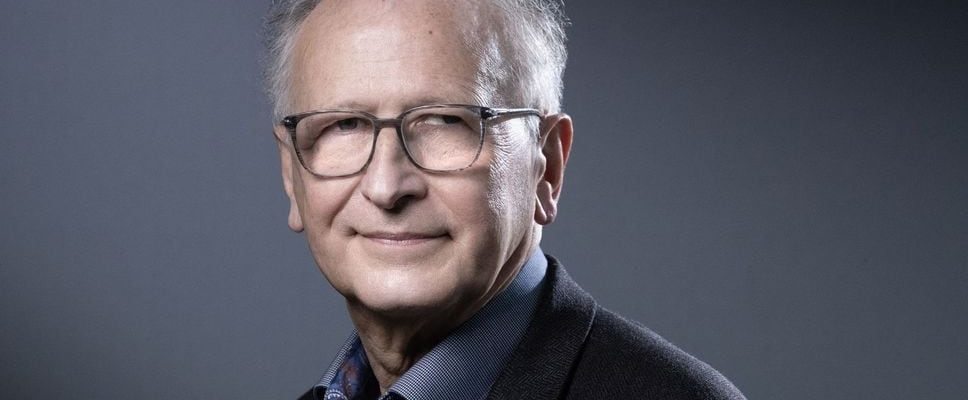The future of Europe requires the promotion of scientific research and quality education that are free and accessible to all. The Academies of Sciences of the 27 countries of the European Union made public on Monday May 6, during a press conference in Brussels, a statement to this effect. This message from the presidents of the National Academies of the different Member States to the attention of candidates for the European elections on June 9 aims to recall the importance of science and education for the future of Europe, and the values attached to it. For the first time, on the occasion of the renewal of elected representatives to the European Parliament, all of these Academies felt the need for such a public declaration. Why is this so?
Knowledge from scientific research represents an essential basis for a number of political decisions in so many areas that concern our daily lives: climate, energy, artificial intelligence, food, health, etc. Research carried out within the European Union fully participates in the advancement of this knowledge, which let us remember, is a source of innovation and economic power, but also of the enrichment of our scientific culture. Competition is tough, with the United States and emerging Asian countries in particular. It is essential that the European Union preserves and even improves these capabilities. Europe has human capital, which is its main asset. To do this, a series of conditions must be met. They are the subject of this joint declaration.
The countries of the European Union must strengthen their investments in scientific research, and do so in a stable manner over time despite the vagaries of the economic situation. The objective set by the Treaty of Lisbon, already twenty-four years ago, to promote “a knowledge economy” implying that each country devotes at least 3% of its resources to research and innovation is not still not reached by many member states, including France. For its part, the European Union finances research – this is its third budget – through a series of programs open to Union researchers, including that, decisive for the support of fundamental research, of the European Council of research (ERC). These programs must be defended, and indeed amplified. This is the responsibility of the European Parliament, which votes on these budgets.
Common feeling of worry
Questions of principle concerning the functioning of the academic world (universities and research organizations) are essential. We must preserve academic freedom and the autonomy of institutions, and allow them to carry out their work as best as possible in a spirit of international openness (open science). The exchange of students, let us think in particular of the Erasmus program, but also the mobility of teachers and researchers represent a precious asset for the success of research. They of course concern mobility within Europe, but also with the whole world. Welcoming students and scientists from all countries represents a human and intellectual wealth of prime importance. This is how research proves to be most creative and where essential collaborations are established. In particular, the attractiveness of our universities must be preserved from attempts to put in place obstacles imposed on entry into our countries. In the recent past, the desire of some to withdraw into oneself has shown that this danger is not just theoretical.
This declaration was sent to all the head candidates for elections to the European Parliament in each of the 27 countries with the hope of seeing them commit to respecting these fundamental principles, constitutive elements of our democracies. The fact that the Academies of Sciences of the 27 countries of the European Union have committed themselves to this call undoubtedly testifies to a common feeling of concern about the fragility of respect for these values, which unfortunately cannot be considered as definitively acquired. Citizens of the 27 countries of the European Union must be alerted and informed of each other’s positions. The future of our democracies is at stake.
Alain Fischer is president of the Academy of Sciences and co-founder of the Institute of Genetic Diseases
.
